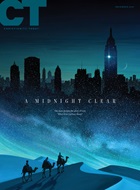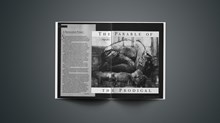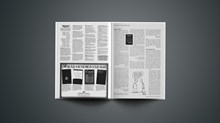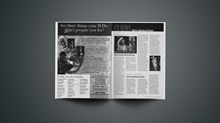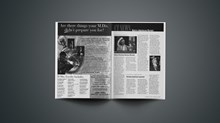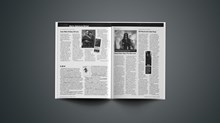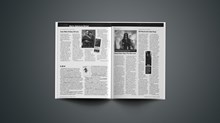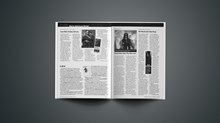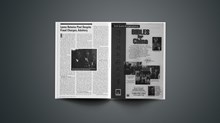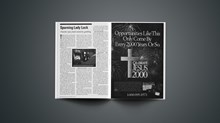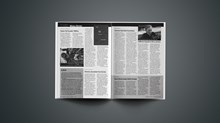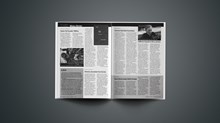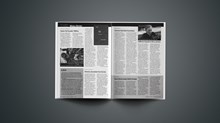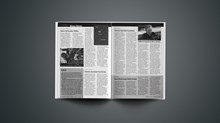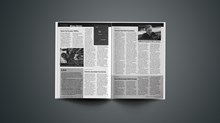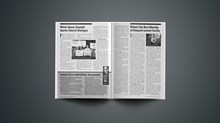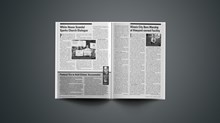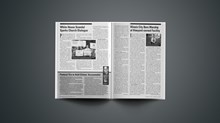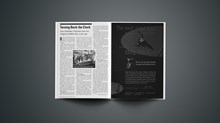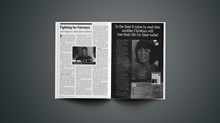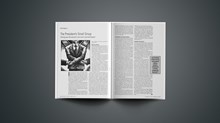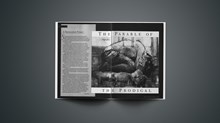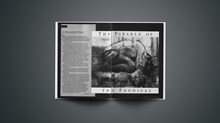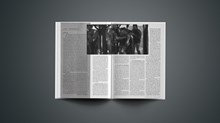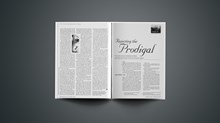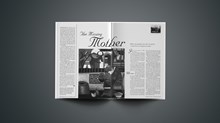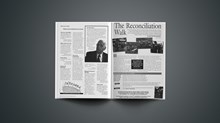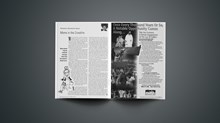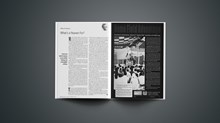Volume 42, Number 12
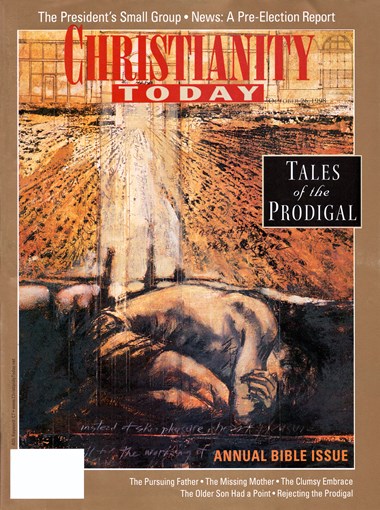
Read CT anywhere you go.
Subscribers have full access to CT's digital archives, including special issues. Download a PDF of this issue, or browse individual articles below.
About The Archives
The CT archives are a rich treasure of biblical wisdom and insight from our past. Some things we would say differently today, and some stances we've changed. But overall, we're amazed at how relevant so much of this content is. We trust that you'll find it a helpful resource.
Cover Story
More from this Issue
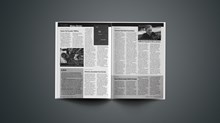
More than a million people have died in North Korea during three years of floods and drought.
by Christine J. Gardner
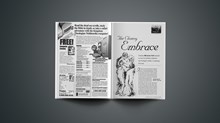
Croatian Miroslav Volf wanted to love his Serbian enemies; the Prodigal's father is showing him how.
Interview by Kevin D. Miller
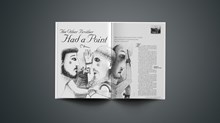
What kind of world would this be if people were rewarded for squandering their families' inheritance?
Barbara Brown Taylor
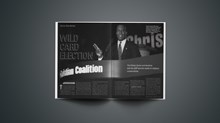
The Clinton factor and tensions with the GOP test the mettle of religious conservatives.
John W. Kennedy
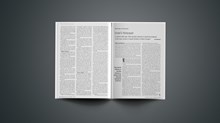
A Jewish rabbi asks: Why shouldn't abortion in Israel be compared to the mass murder of Jewish children in Hitler's Europe?
Jacob Neusner
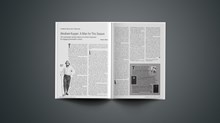
The surprisingly relevant advice of a Dutch statesman for engaging postmodern culture.
Richard J. Mouw
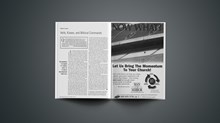
The temptation is to appeal to "common sense" as to what is time-bound and what is not.
By Craig S. Keener
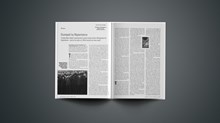
A dying Nazi asked concentration-camp inmate Simon Wiesenthal for forgiveness—and so he asks us, What would you have said?
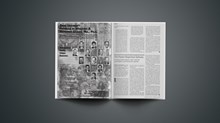
In a society strongly marked by "rights" rather than social obligation, everything becomes negotiable.




